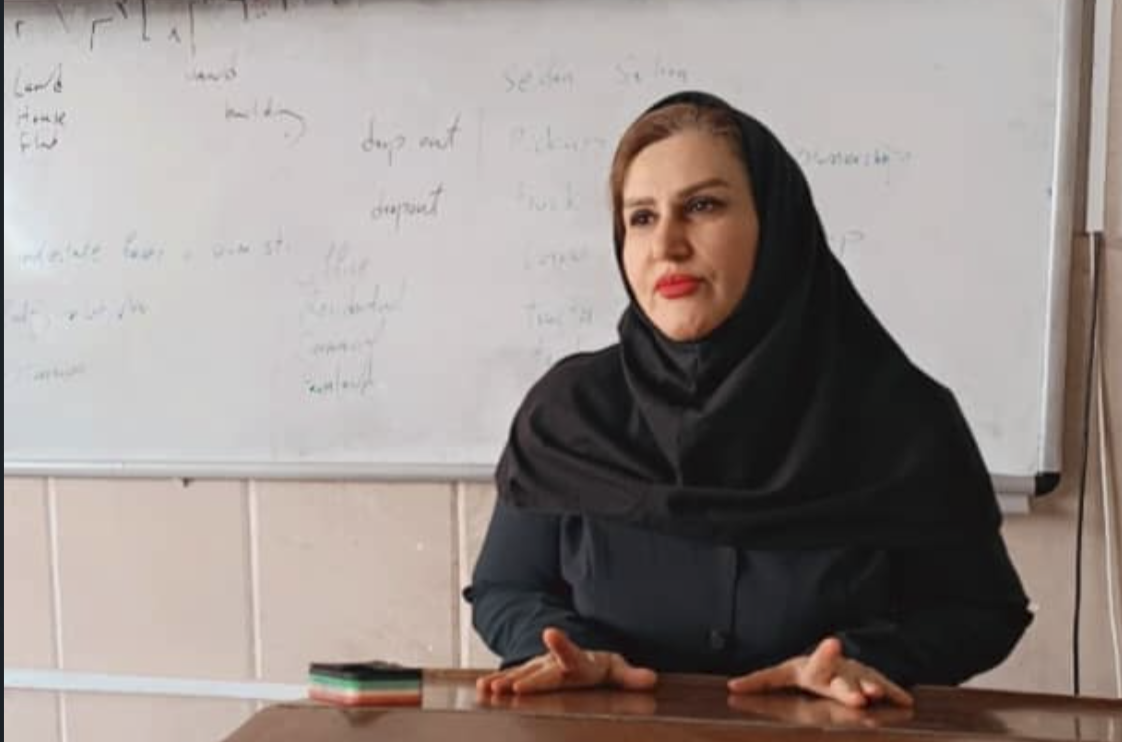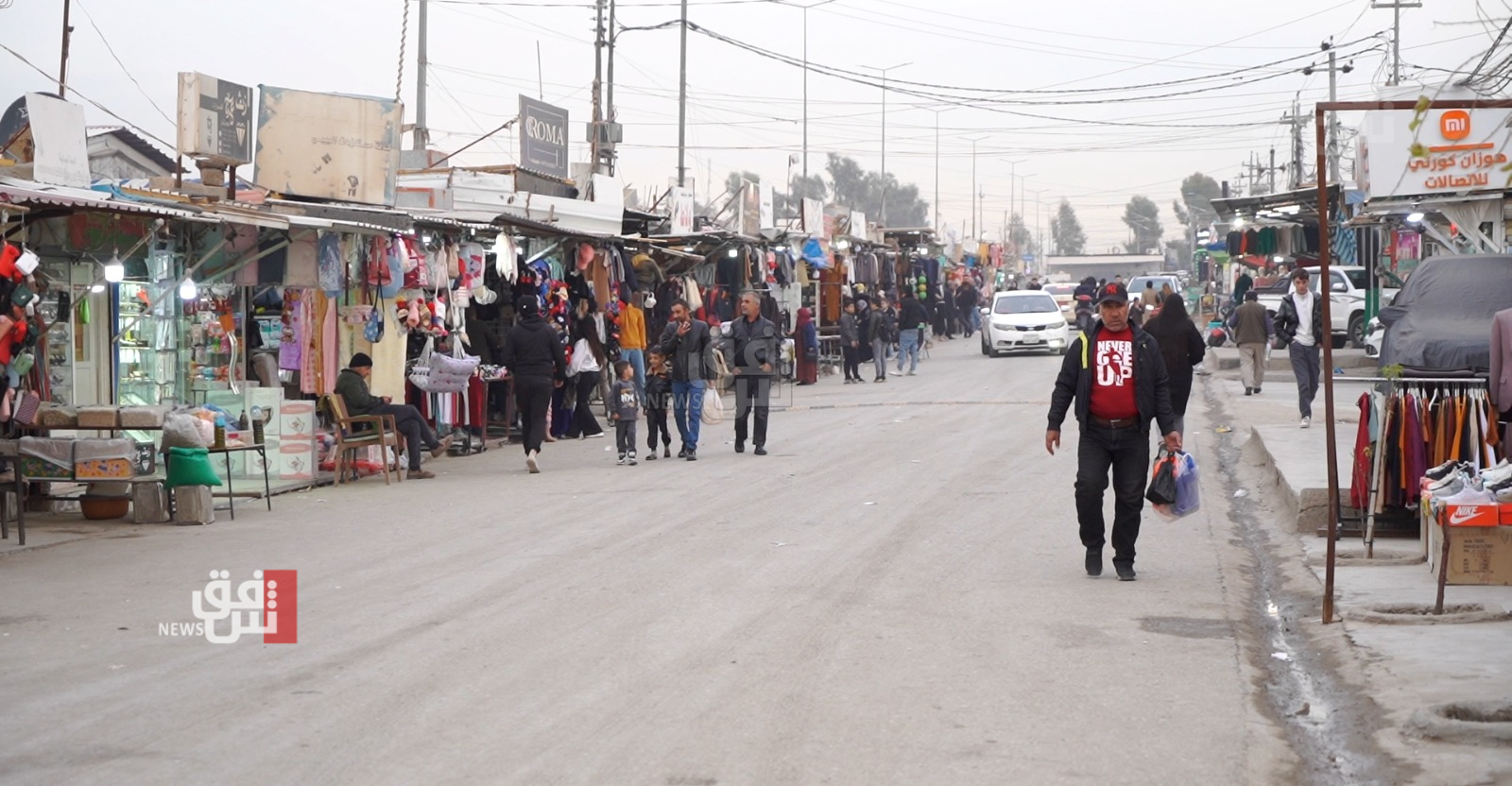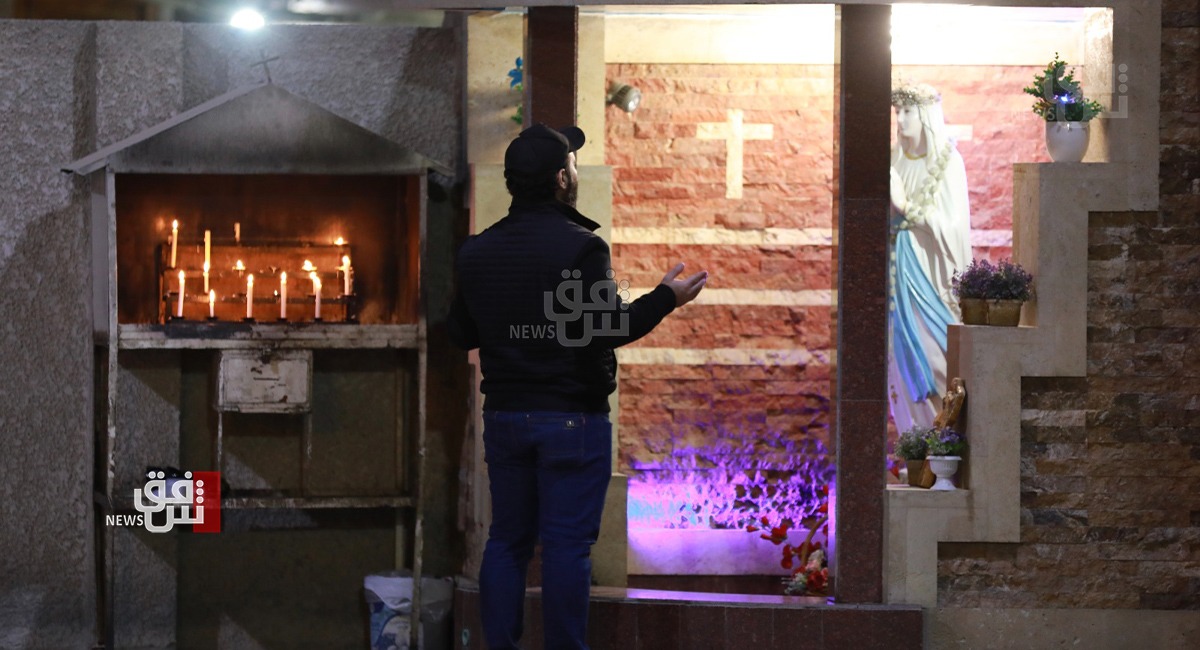Self-translation of Kurdish Works, an Emerging Phenomenon by Soheila Heidarnia

Shafaq News/ Soheila Heidarnia, a researcher in the field of language and literature, is originally from Shiraz but was born in Yazd and raised in Shiraz and Tehran. She holds a master's degree in English translation and has recently been accepted into a PhD program in linguistics at Azad University. She is currently completing and writing her dissertation entitled "Historiography of Self-translation of Kurdish Works into Persian and Other Languages" under the supervision of Professor Afsaneh Mohammadi Shahrokhabadi.
Although she is a native Persian speaker, due to her love and interest, she chose a novel topic for her thesis on the Kurdish language and literature, a subject that researchers in the field of Persian and Kurdish language and literature have neglected.
In an interview with Shafaq News Agency, she discusses the various problems faced by translated works and translators, including the lack of a sufficient audience, the absence of relevant government and even non-governmental support centers, and one of the most significant obstacles to conducting this research, the quantitative and qualitative difficulties in selecting a statistical sample due to the lack of sufficient proficiency in Persian and other languages among many Kurdish authors.
"Translating poetry from any mother language into other languages, especially by the poets themselves, requires special skills that are lacking not only in Kurdish-speaking regions but also in other parts of the world and among speakers of other languages," Heidarnia says.
This literary researcher referring to the fact that self-translation is a type of translation in which the author or poet translates their work into a language other than the original language of the poem, and the main reason for choosing this method of translation is the possibility of fully conveying the message to the non-native audience.
Considering that the main condition for success in creating works of this type of translation is complete mastery of both the source and target languages, due to the existence of this type of skill, the same feeling of the audience of the original text is also created in the audience of the translated text. However, this may not always be possible due to the lack of some words, phrases, and expressions in the target language that are present in the source language. Therefore, poets who intend to self-translate their works must also be completely proficient in the linguistic nuances of the target language, and this skill is rarely acquired.
Heidarnia speaks about the status of translation of Kurdish poetry and literary works in the world, "Despite the fact that in the past century, contemporary Kurdish literature has gained worldwide fame due to the migration of Kurdish poets, writers, and journalists, especially Iraqi Kurds who settled in Europe during the Saddam era, and even some works of Kurdish poets and writers, especially Sherko Bekas, have been translated into several languages, this has been neglected among Kurdish poets and writers in Iran."
"Moreover, despite the fact that more than three decades have passed since the Kurdish poets, writers, and authors in the Southern Kurdish dialect have become more prolific, the number and level of written poetry and literature in this dialect, especially in terms of quantity, is generally lower than that of Sorani literature. However, due to the greater interaction of Kurdish poets from Ilam and Kermanshah with Persian poetry centers and their ability to write poetry in both Kurdish and Persian, the reception and outcome of this research were more positive among them than in other Kurdish-speaking areas in the provinces of Tehran, Kurdistan, East and West Azerbaijan, Zanjan, Khorasan, Hamedan, Mazandaran, Gilan, Alborz, and other parts of Iran."
She points out that "According to the preliminary findings, the translation of poems by Iranian Kurdish poets by other translators is not as frequent as the translation of poems by Kurdish poets from other countries."





